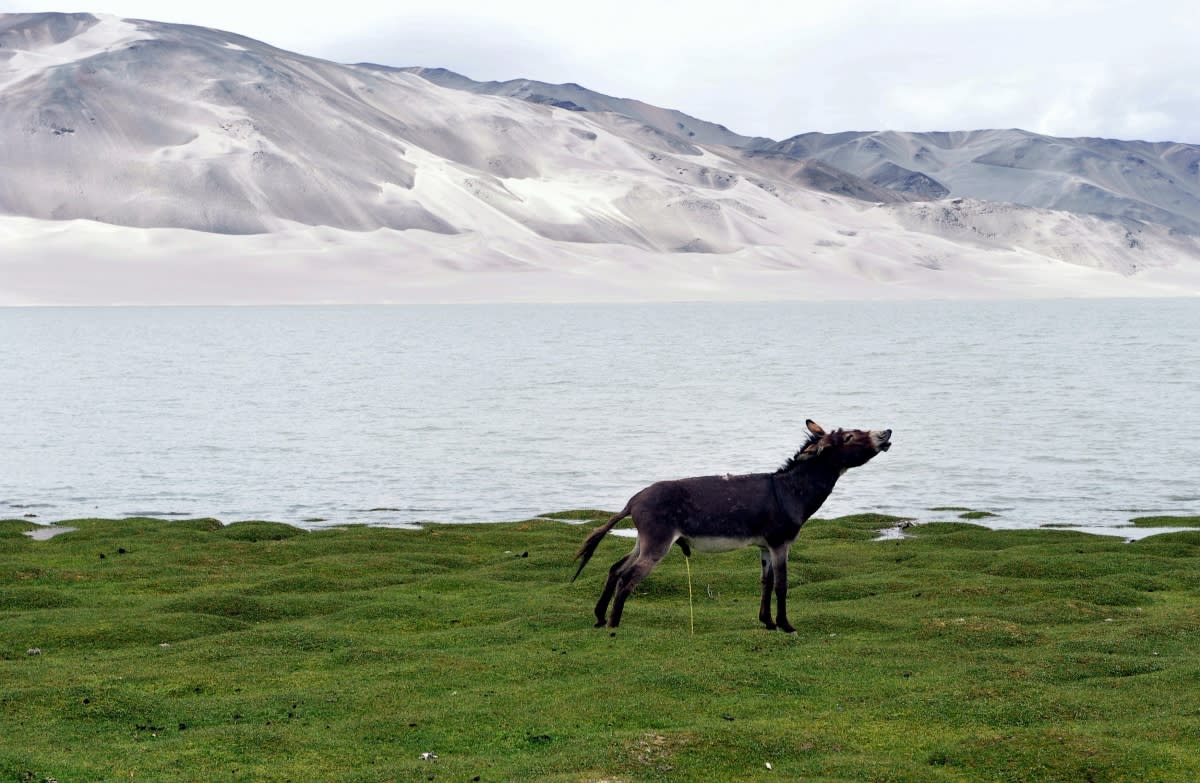Ig Nobel Awards 2015: How Long Do Mammals Take to Pee?

Modern science has yielded some of humankind's greatest achievements, including putting people on the moon and eradicating terrible diseases.
However, some science is a little sillier than the great breakthroughs. The 25th Ig Nobel Prize was held on Thursday at Harvard University—the purpose of which was to recognize scientific achievement "that makes people laugh, and then think," according to the awards website.
Newsweek has rounded up some of the winning entries from science's silliest night of the year. The full list can be found on the awards website.
Chemistry: Unboiled eggs
The chemistry award went to Colin Raston from Flinders University in Adelaide, Australia, and his team, who were able to partially unboil an egg by creating a vortex fluidic device. The device unfolds the proteins in egg whites back into their natural state and has potential applications in ChemBioChem in January.
Physics: 21 seconds to go
Physicists from the Georgia Institute of Technology demonstrated that all mammals weighing more than 3kg—including rats, cows and elephants—take approximately 21 seconds to urinate, give or take 13 seconds. The team said the research provided a model for further research into animal urinary systems. It was published in the journal PNAS in 2014.
Literature: Multilingual confusion
Confusion is a universal human trait, and it turns out there is a universal word for it: huh. Dutch scientists discovered that the incoherent term is found in roughly the same form and function in spoken languages across the world but were not able to explain why. The research was published in the journal PLOS One in November 2013.
Mathematics: An amorous emperor
Moulay Ismael the Bloodthirsty, the second ruler of Morocco's Alaouite dynasty, allegedly fathered 888 children, widely believed to be the most of one man in history. A team of German and Austrian mathematicians won the prize for demonstrating via complex calculations that the kinky king could indeed have produced this many offspring in his 55 years. "Moulay had to have had sex once or twice a day, which you might actually regard as a low number, but if you think this is every day, every single day for an entire life, this is quite a lot," PLOS One in February 2014.
Economics: A bribe for a bribe
Bangkok's Metropolitan Police were honoured in this category for their valiant efforts at cleansing the police force of corruption and bribe-taking—by giving them cash. Some police were reportedly rewarded with as much as 10,000 baht ($310) for refusing bribes of $3.
Related Articles

 Yahoo News
Yahoo News 

